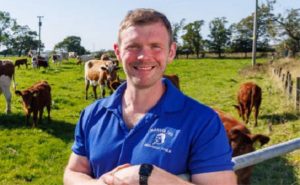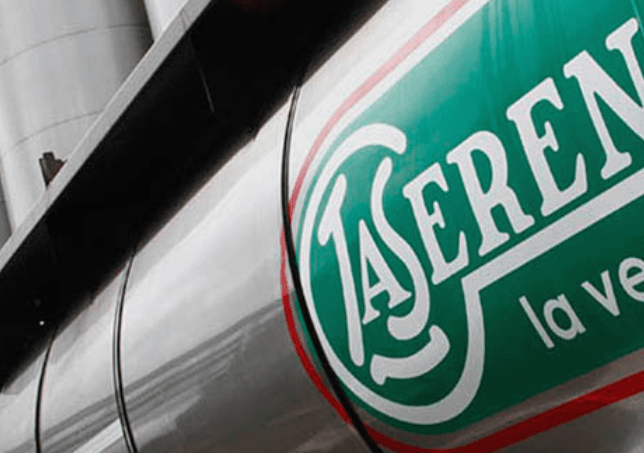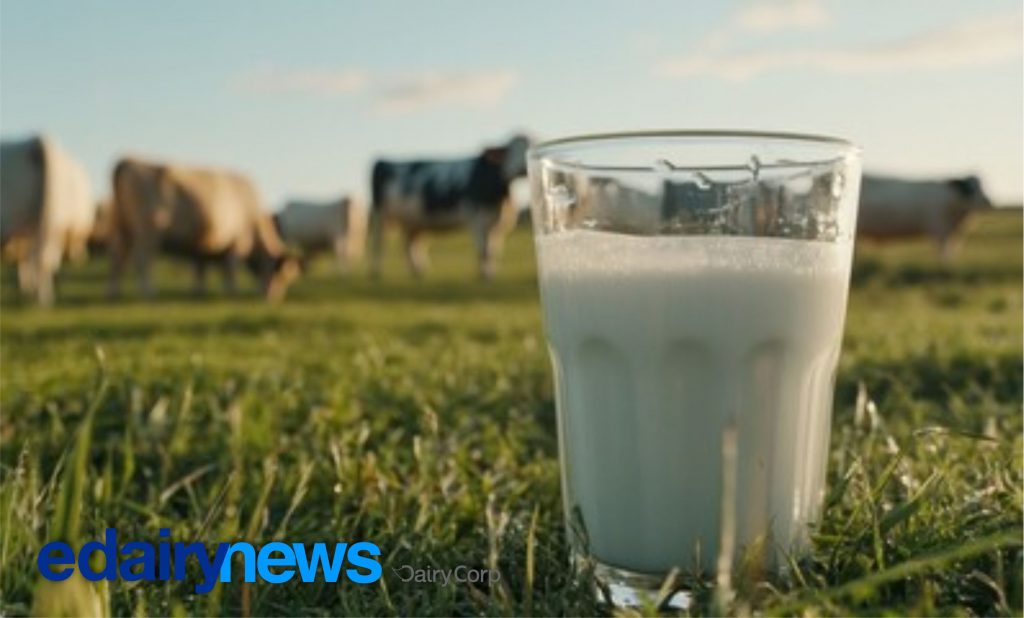Now, the industry is bracing for the impact of a second wave of coronavirus infections and whether they might affect the milk market.
Emily Barge of the Center for Dairy Excellence, which represents the state’s dairy farmers, said the milk supply is stable and back to pre-COVID-19 levels.
“There’s no milk shortage, which is good. And milk production is back on track,” Barge said. “We just, obviously, like everyone else, don’t know what the next month will bring.”
Milk processors and distributors of dairy products remain vigilant as coronavirus cases spike in the state.
“We think that retailers and processors learned a lot from the spring, and are watching carefully to see what will happen with the potential second wave,” Barge explained. “So, that’s not to say there won’t be any dairy product shortages, but if there would be, hopefully it would be days instead of weeks to kind of reach that equilibrium again.”
While some restaurants and schools have reopened with limitations, Barge said sales in those sectors continue to be down.
She said if state health authorities decide to pull back on restaurants or the education sector because of COVID-19, there may be a silver lining.
“Retail dairy sales are actually still increasing because people are eating at home more,” Barge said. “If food service would be shut back down again, hopefully it won’t be as big of a crisis across the industry, just because the retail side’s already higher than it was pre-COVID.”












